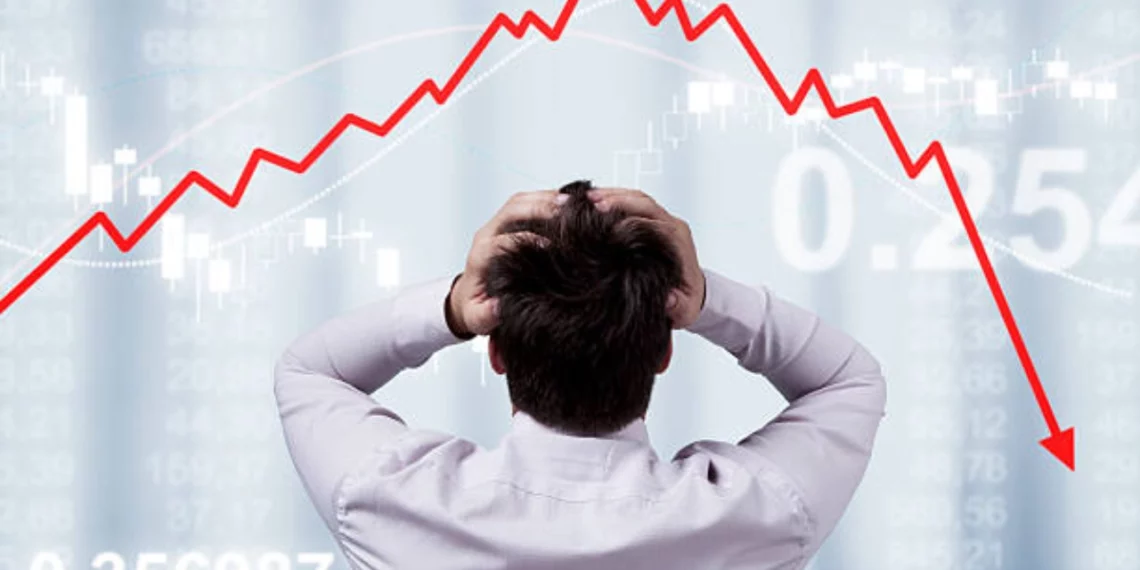No products in the basket.
Today Asian share markets rebounded sharply after crashing a day earlier over fears of a US recession. Japanese stocks surged in early trade, with the Nikkei 225 rising as much as 10%. South Korea’s Kospi index also gained nearly 5%. Stock markets in Taiwan and China also recovered.
The August 5 crash was spurred by weak US jobs data and growing recession fears among investors. Analysts called the global selloff an overreaction, and some believe the US economy will avoid a recession. Investors have started speculating that the US Federal Reserve will cut its interest rate during its September meeting.
The Asian markets have experienced a downturn due to a variety of factors. Notably, the Bank of Japan’s decision to raise interest rates on July 31 has been identified as a significant trigger. Additionally, concerns over a potential US recession, caution surrounding the hype of AI technology, and geopolitical tensions in the Middle East have contributed to market jitters.
Key Points
- Japanese stocks experienced their worst sell-offs in history, but rebounded significantly due to strong U.S. service sector data, signaling ongoing market volatility.
- The Bank of Japan’s decision to raise interest rates on July 31 was the catalyst for this market turmoil.
- Hedge funds and foreign investors heavily sold off Japanese equities, leading to increased market instability and concerns about a potential recession in the U.S.
- The Bank of Japan’s unexpected policy rate increase, coupled with concerns about a potential yen carry trade reversal, has contributed to heightened volatility and uncertainty in the Tokyo stock market.
This move has sent shockwaves through global financial markets, leading to substantial losses across various indices.
The Bank of Japan’s decision to raise interest rates on July 31 was the catalyst for this market turmoil. The rate hike, aimed at curbing inflation, has had far-reaching consequences, particularly in Japan, where the Nikkei 225 index suffered its worst day since the infamous Black Monday crash of 1987.
The Nikkei plummeted by 12.4%, erasing all its gains for the year and marking its largest-ever point loss.
South Korea’s Kospi index also faced a severe downturn, closing 8.8% lower, its worst performance since the global financial crisis of 2008. Taiwan’s Taiex was not spared either, experiencing its heaviest losses ever, with a decline of 8.4%,
The ripple effects of this selloff were felt beyond Asia. US futures and European stock markets were dragged down, and major cryptocurrencies, including Bitcoin and Ether, took significant hits. The VIX index, a key volatility indicator, surged by 48%, reaching a four-year high.
Analysts attribute this market rout to a combination of factors. While the Bank of Japan’s rate hike was the immediate trigger, markets were already jittery due to fears of a US recession, caution over the AI hype, and geopolitical tensions in the Middle East.
Why did the Bank of Japan raise interest rates?
The Bank of Japan raised interest rates to combat inflation levels in the economy and to strengthen its local currency, the yen, on a global scale.
According to the Governor of the Bank of Japan (BoJ), Kazuo Ueda, the decision was made because the foundations of the Japanese economy are relatively solid, with gradual price increases accompanied by wage hikes, despite concerns that personal spending would remain steady as prices rose.
Ueda added that further rate hikes might occur this year, although, like his Western counterparts, he declined to commit to a specific date. Everything will depend on how the economy progresses, including how recent movements in Japanese monetary policy are reflected in the economy.
The recent initiative by the Bank of Japan marks a significant shift in ending negative interest rates. For several years, the institution maintained rates close to zero to combat deflation and stimulate economic growth. The measure taken by the BoJ marks the beginning of a new phase in the Japanese economy, combining the start of a period of economic recovery with efforts to control inflationary pressure.
Discover more from Thailand Business News
Subscribe to get the latest posts sent to your email.













